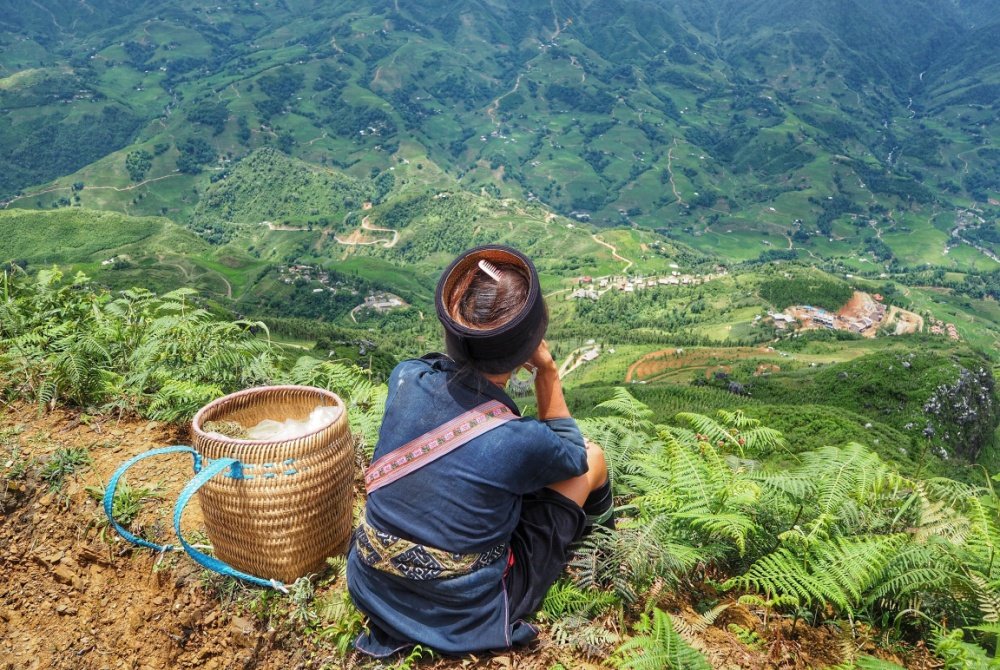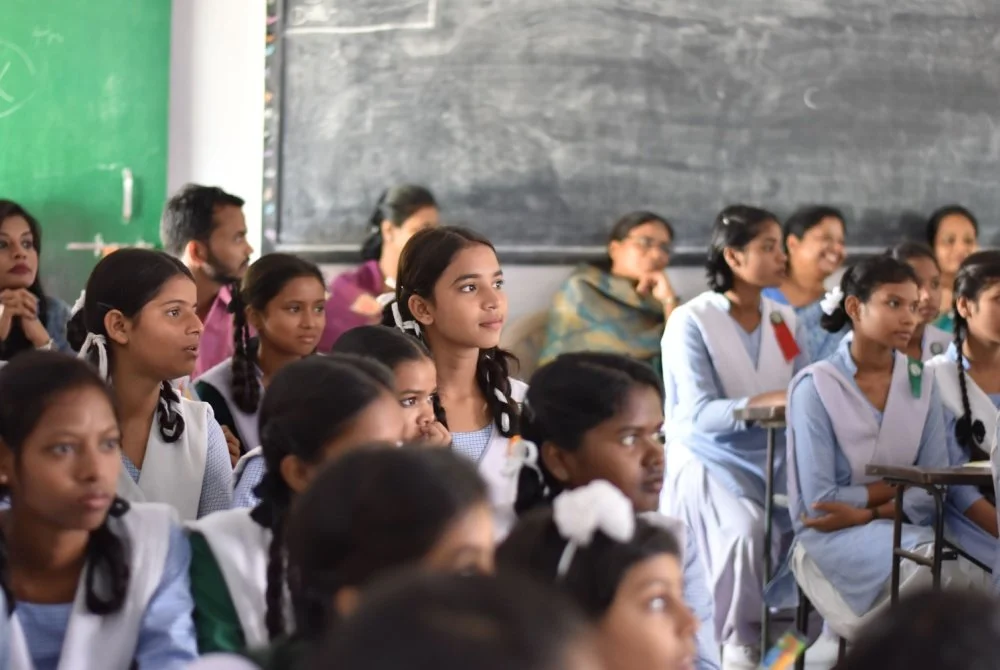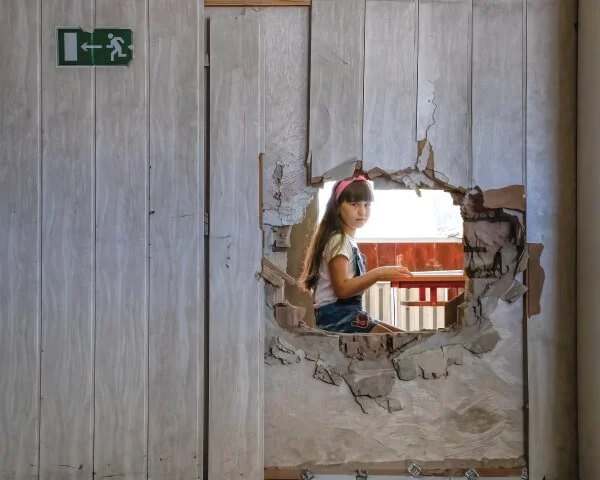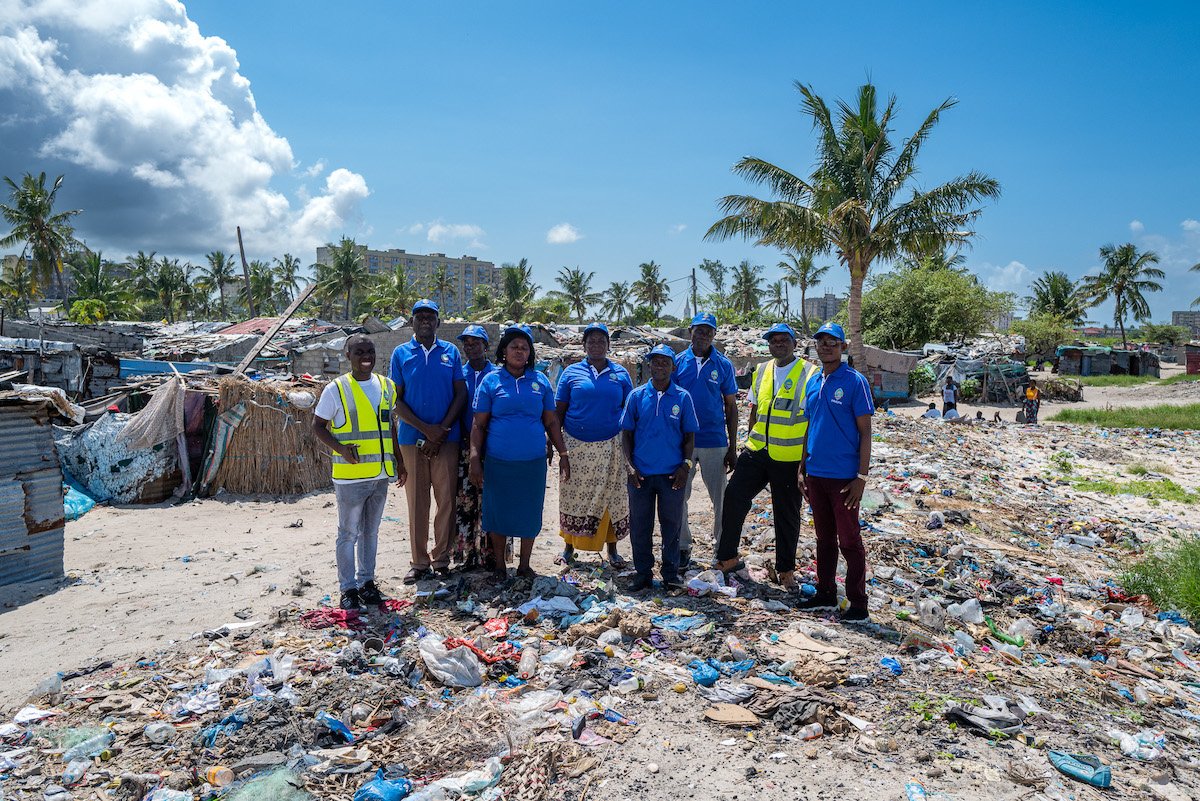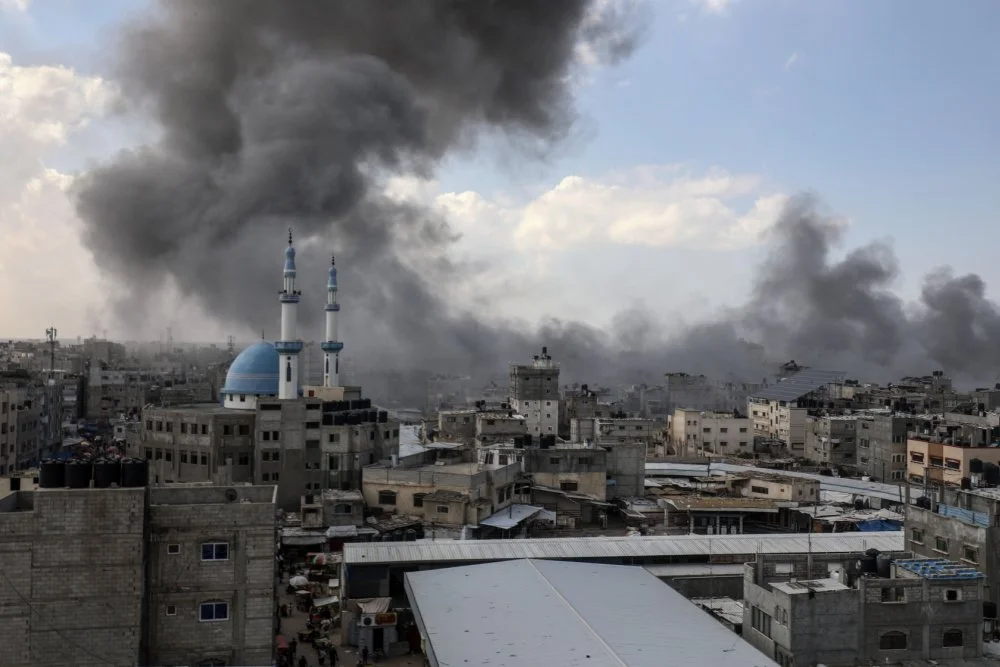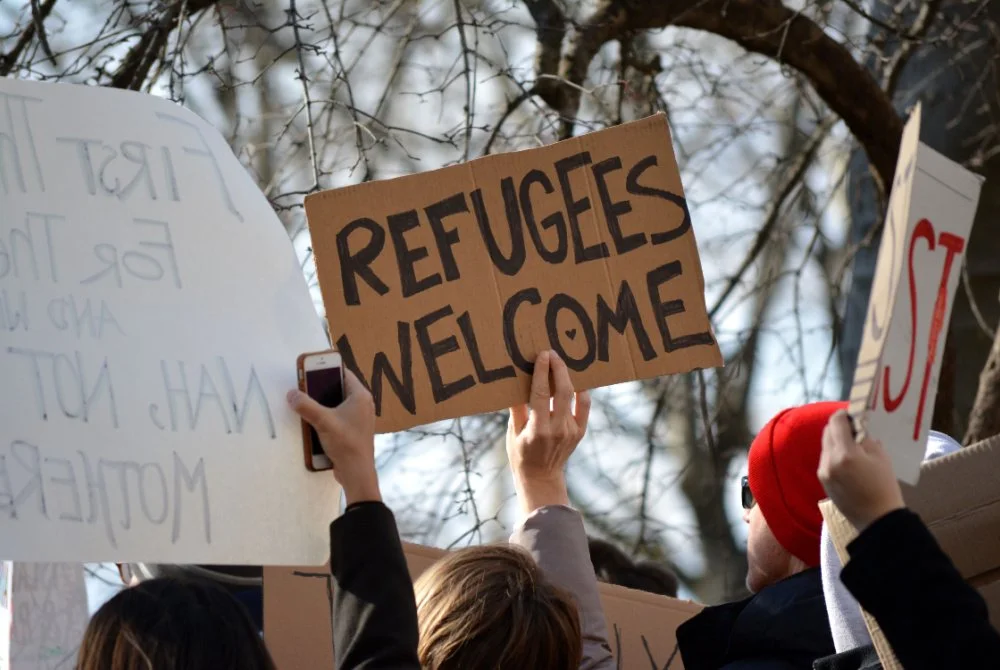May We All Feast Together: A Giving Circle That Aims to Empower Women Overseas
/Procyk Radek/shutterstock
Since 2003, people with a shared interest in supporting women around the globe have come together to enjoy food and raise funds. Dining for Women (DFW) is a giving circle that enables people to “socialize with substance” by contributing their eating-out budget to grassroots projects serving girls and women in developing countries. As part of a network of more than 8,000 members in about 450 chapters across the U.S., groups hold monthly potlucks or other food-centric gatherings during which they learn about grantees, donate money and build community. DFW has invested more than $6 million in grants and partnerships since its launch. Over the course of the past year, it partnered with UNICEF to empower female Syrian refugees who made newborn kits for mothers in camps in Jordan.
As we’ve reported, giving circles have become a popular method of aggregating community support, particularly for groups overlooked by big philanthropy. The number of giving circles in America tripled between 2007 and 2017. Many of these groups arise and flourish specifically as mediums for women to give collectively, but male-created and LGBTQ-oriented groups are also out there.
While DFW serves women’s causes, its Communications and Membership Director Wendy Frattolin tells Inside Philanthropy that men have joined many of their chapters, and that the program is “open to all who share our passion for gender equality… we are continually striving to be more diverse and inclusive.”
“Anyone Can Participate”
While giving circles often funnel money to underfunded local needs, DFW has set its sights on boosting women’s economic security overseas. DFW states one of the main reasons for this is that 75 percent of the world’s 1.3 billion people living in extreme poverty are women and children in developing nations. Also, while women do about 60 percent of the world’s work, they only earn about 10 percent of its income. So, DFW concludes, “to change the level of poverty worldwide, we do it through the empowerment of these women.” The group also points out that most of the money Americans donate to charity currently stays in the country.
Considering that women also produce about 70 percent of the world’s food crops, rallying support for them over a shared meal seems particularly apt. DFW even offers region-specific recipes among the educational materials it provides monthly to grantees. Members also receive information on local customs, a fact sheet, PowerPoint and video about the featured organization, suggested discussion questions, and a 15-minute recorded Google Hangout conversation between a DFW representative and the grantee. DFW has also run a member travel program since 2007, which gives participants a chance to meet grantees as well as the women and girls served.
DFW aims to be inclusive to members of all means—there is no required pledge or minimum annual contribution. The average donation is about $35.00. Hillary Clinton said DFW “provides a powerful example of how individual acts of giving, when aggregated, can make a deep and transformational impact.”
“By including any donation, we acknowledge the power of the individual to make change. It is really about the democratization of philanthropy—anyone can participate and make a difference by donating what they can,” DFW President Beth Ellen Holimon tells IP.
DFW currently has three main focuses—economic sustainability, education and health, and it also funds the intersectional causes of environmental sustainability, agriculture, safety and security, and hunger. Its grant-selection committee meets twice a year and ultimately chooses 12 organizations as featured monthly grantees who receive grants of up to $50,000. DFW also makes more sustaining grants for allotment over two- and three-year periods, which are between $40,000 and $60,000 in total. The committee invites projects that have already been featured grantees to apply for these longer-term grants. A 2016-2018 sustained grantee was the ANCHAL Project in India, which was also a featured grantee in 2012. Anchal empowers commercial sex workers by providing them with employment opportunities in textiles and design through a natural-dye initiative.
DFW has supported nonprofits in more than 39 countries, most often in India, Kenya, Guatemala, Nepal and Rwanda. In 2017, it invested about $850,000 in 22 grants and partnerships. In 2018, it partnered with UNICEF USA, UNICEF Next Generation and UNICEF Jordan to provide a cohort of young Syrian women in refugee camps with vital new opportunities in their communities.
Empowering Syrian Refugees in Jordan
Teaming up with UNICEF falls in line with DFW’s strategic plan, “2020 Vision,” which it launched in 2015. The plan included a goal to engage in more cooperative undertakings and partnerships. Veena Khandke, DFW director of grants and partnerships, tells us that the DFW team particularly “wanted to partner with organizations in the larger global movement who are in the room when policy relating to gender is made.” In 2016, DFW teamed up with the Peace Corps to provide teen girls across the globe with educational experiences. After choosing to collaborate with UNICEF, the organizations together designed two $100,000 projects, the first for Syrian refugee women and girls in Jordan. The second will begin in 2019, and will benefit women and girls in South Sudan. With the undertaking in Jordan, DFW also partnered with UNICEF Next Generation, a group of young philanthropists that also pledged $100,000.
The livelihood empowerment program in Jordan involved training young women to produce essential and “life-saving” newborn kits for vulnerable families in camps. It took place during the eighth year of the Syrian Civil War. There are 657,000 Syrian refugees officially living in Jordanian camps, and tens of thousands more in remote border locations. About 2,000 Syrian refugee children are born in Jordan each month, and their families lack maternal and newborn health services, educational materials, clothing and supplies. A total of 19 women were involved in this program at the time of a UNICEF report, in a system it describes as “helping refugees support refugees.” The women created 500 kits, and in late 2018, another estimated 15 to 20 women joined up, bringing the total kit output to around 1,500. UNICEF explains this program targeted a generation of refugee youth and young adults who have little access to vocational training or higher education.
“The active participation of women in the production line reflects positively on the women themselves, as this is not only a key source of financial income for them, but also allows them to become active members of their communities and positive role models for other girls and young women,” UNICEF states.
What’s on the Menu for 2019?
The next DFW and UNICEF partnership will provide women and children in South Sudan with essential gender-based violence prevention and response services. Khandke explains that along with amplifying DFW’s impact, this collaboration gives it “the opportunity to work with larger organizations that are working on gender policy issues around the world… UNICEF has given [DFW] a voice at the Commission on the Status of Women” (CSW). In March 2019, for the second year in a row, DFW will co-host a panel with UNICEF at CSW63 in New York called “Achieving Sustainable Impact: Gender Equity Through Social Protection Systems is Imperative.”
Members who participate in the travel program this year can go to Kenya, Bhutan or Peru. And DFW is planning a March International Women’s Day virtual event called “The Biggest Chapter Meeting of the Year,” with a theme of “Women as Agents of Change.” Keep up with Dining for Women’s other initiatives on its site, including how to join this cohort of pro-women, food-loving philanthropists.
DFW’s board will approve a new strategic plan this year, and the organization has a goal to exceed 500 chapters. Holiman says, “By expanding our membership through chapter growth, we are creating global citizens who are powerful agents of change right here in the U.S.”
While DFW points out that sharing food is not required of chapters, Frattolin says, “We create a special bond and a sense of community by coming together and sharing a meal.” Part of the optional DFW “dinner affirmation,” which reads a bit like a secular prayer, states, “[we] express the hope that through our efforts, [these women] may find more sustenance for their lives. May we all be able to feast together someday.”




